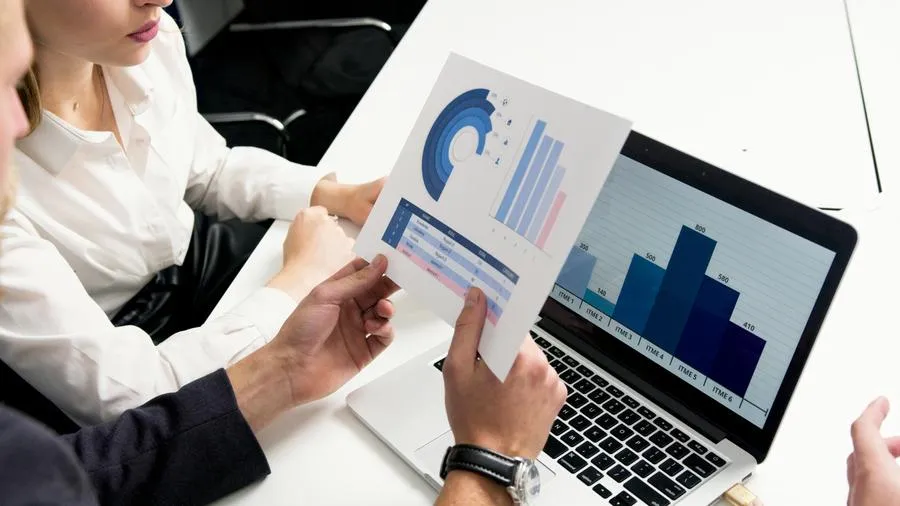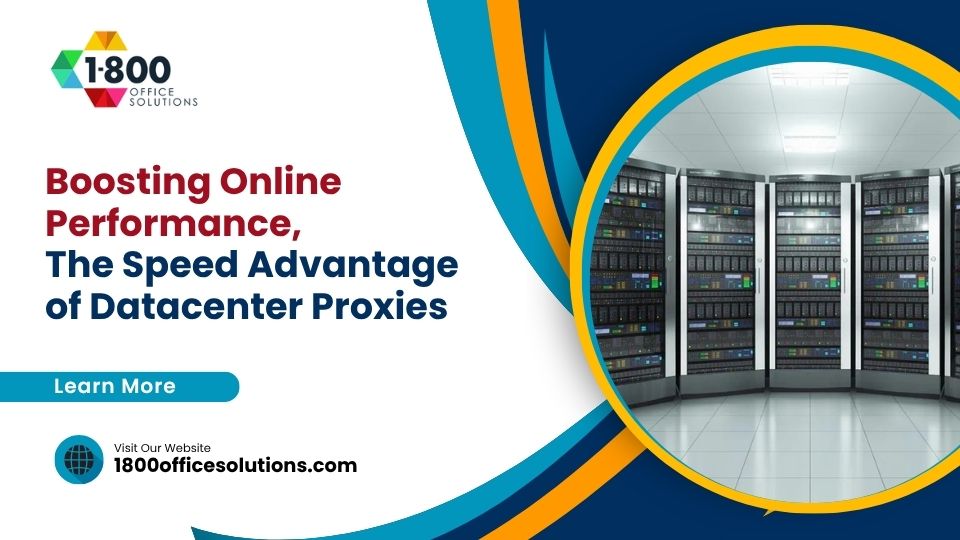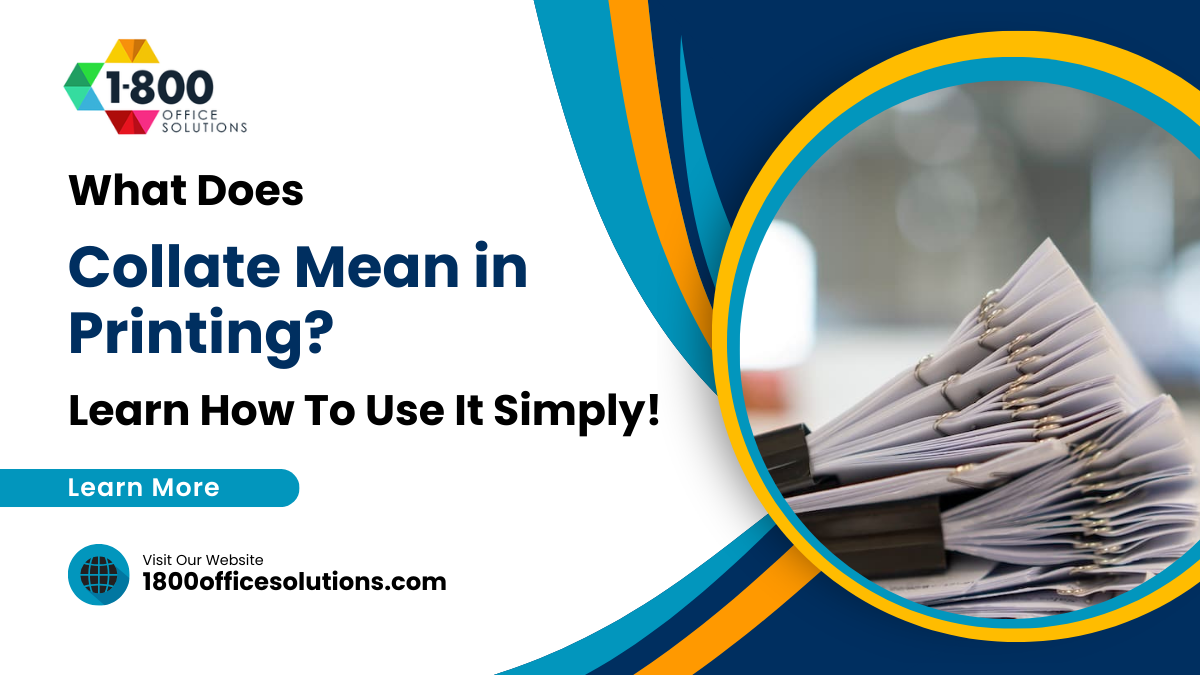ERP for Retail: A Complete Beginner’s Guide
Retail operations in the past ten years have undergone a swift transformation because of digital technology advances combined with changing consumer patterns and strong market competition. Retail businesses which include independent stores and multinational chains seek operational streamlining solutions as well as resource management capabilities to provide customers with seamless experiences. The transformation of business operations depends on Enterprise Resource Planning (ERP) software as a key enabling tool.
This comprehensive guide explains how ERP software impacts retail operations while presenting its advantages and providing instructions for selecting and deploying appropriate systems. Businesses of all sizes operating e-commerce platforms and brick-and-mortar locations can benefit from ERP system implementation to enhance operational efficiency and gain better insight into their operations.

What Is ERP in Retail?
The core definition of ERP (Enterprise Resource Planning) consists of integrated applications that allow businesses to automate their essential operations which include inventory management alongside sales and purchasing and finance and customer service and human resource management. The central platform functions as a single platform that consolidates data and workflow processes while eliminating separate spreadsheets and manual processes and individual software tools. ERP functions as a management solution for retail operations that handles complex daily activities between supply chain logistics and customer service interactions at the front-end. The adoption of ERP software for retail industry has surged in recent years due to the need for real-time data, omnichannel selling, and optimized inventory management. The global ERP market shows a predicted compound annual growth rate (CAGR) exceeding 10% from 2023 until 2030 based on Grand View Research.
Why Retailers Are Turning to ERP
Retail operations have become more complex because of the current business environment.
- Consumer behavior requires immediate product delivery along with continuous platform integration and tailored customer interactions.
- Business operations must handle their physical stores along with online platforms and marketplaces and mobile applications simultaneously.
- Supply chain operations remain exposed to worldwide interruptions along with price changes and transportation holdups.
The current business environment requires integrated intelligent systems for success. ERP stands as a mandatory requirement because it serves as an essential business necessity.
Centralized Data and Operations
ERP provides businesses with a single integrated platform which unites all operational elements under one system. The connection between inventory management and financial systems and human resources and customer service operations exists in a unified system. The implementation of ERP leads to fewer errors while generating accurate reports and enabling faster decision-making processes.
Better Customer Experience
The integration between ERP tools and POS systems and e-commerce platforms and customer databases enables businesses to deliver personalized experiences and enhance checkout speed and loyalty program management. The integration between ERP tools and POS systems and e-commerce platforms and customer databases enables businesses to create personalized customer experiences and speed up checkout processes while improving their loyalty management systems. A McKinsey study indicates that personalized customer experiences lead to a 5-15% increase in revenue and a 30% enhancement in marketing return on investment.
Streamlined Financials
The integrated accounting functions of ERP systems perform automated tasks for invoicing expenses and payroll processing while handling tax compliance needs. Business operations obtain precise and immediate financial data which supports strategic decision-making.
Key ERP Features for Retail Businesses
Not all ERP systems are created equal. Retail-specific ERP systems come equipped with specialized features that support inventory-driven businesses which interact directly with customers.
- Inventory Management
- Multi-location stock tracking
- Real-time updates
- Automated replenishment
- Barcode/RFID scanning
- Batch/serial number tracking
- Sales and Point of Sale (POS)
- Integration with physical and online storefronts
- Unified sales reporting
- Customer data capture
- Return and exchange processing
- Customer Relationship Management (CRM)
- Customer profiles and purchase history
- Loyalty program management
- Marketing campaign tracking
- Supply Chain and Procurement
- Vendor management
- Purchase order generation
- Shipment tracking
- Landed cost calculations
- Financials and Accounting
- General ledger
- Accounts payable/receivable
- Tax management
- Budgeting and forecasting
- Analytics and Reporting
- Custom dashboards
- Real-time KPIs
- Predictive analytics
- Retail performance benchmarking
Benefits of ERP for Retail
The implementation of ERP represents a substantial investment which delivers sustainable advantages to businesses. The following section examines the specific advantages that businesses can gain from implementing this solution.
Improved Efficiency
The automation of regular business processes like invoicing together with order processing reduces human mistakes while saving time. Staff members devote their time to valuable activities which include customer relations and business strategy development.
Enhanced Visibility
ERP gives organizations the most significant advantage through enhanced visibility. Leaders in business have immediate access to sales patterns and inventory levels and financial performance data which enables them to make strategic decisions instead of handling crises.
Cost Control
A business can track purchasing activities along with warehouse management and labor expenses and operational data in one unified system to detect waste while minimizing overhead expenses. The implementation of ERP systems results in cost reductions according to Panorama Consulting’s report which found 82% of businesses achieved such savings.
Seamless Omnichannel Retail
The combination of ERP systems with Shopify, Magento and WooCommerce enables businesses to maintain unified customer and order information alongside inventory data across all sales channels.
Business Scalability
ERP systems automatically adjust to the growth of business operations. An ERP system provides organizations with the fundamental infrastructure required to expand their operations whether they open new locations or launch new products or enter fresh markets.
Real-World Examples
Multiple retail businesses across various size segments use ERP systems to enhance their operational processes.
- The massive worldwide retail supply chain of Walmart operates under customized ERP systems which handle its complex operations. The system controls every aspect of supplier contract management through instantaneous inventory tracking across thousands of locations.
- After implementing a major ERP transformation Nike enhanced its demand forecasting abilities as well as inventory precision. The initial ERP deployment at Nike encountered issues but the company implemented SAP to gain back control over its supply chain operations.
- NetSuite ERP enables Lush Cosmetics to link its POS with inventory management and online sales across multiple international markets which maintains their brand consistency worldwide.
- Small businesses alongside large corporations experience benefits from ERP systems. A specific online fashion retailer adopted Microsoft Dynamics 365 which resulted in a 40% reduction of out-of-stock situations during its first half year.
Challenges to Consider
ERP implementation represents a strategic business initiative but organizations should prepare for possible challenges. The following obstacles need to be recognized during implementation processes.
High Upfront Costs
ERP systems present high expenses for licensing and custom implementation especially for traditional on-premise solutions. The cost management features of Cloud ERP systems need a detailed ROI plan to ensure successful implementation.
Employee Resistance
Any major change to workflows can meet resistance. Organizations need to focus on training and communication and leadership support to achieve successful ERP adoption.
Complexity and Customization
The specific requirements of retail businesses require them to modify ERP systems for implementation. The implementation process for customized ERP systems becomes lengthier while requiring professional technical support.
Data Migration
The process of moving data from previous systems into ERP requires careful handling to prevent data loss and corruption.
Choosing the Right ERP System
The ERP market contains hundreds of providers yet few specialize in meeting retail industry requirements. During evaluation it is important to consider the following factors.
- Business Size: Large enterprises require comprehensive enterprise-level systems like SAP or Oracle. Small to mid-sized businesses typically select NetSuite or Zoho ERP instead of larger platforms.
- Cloud vs On-Premise: Cloud ERP systems provide better flexibility and simpler maintenance but on-premise solutions provide higher control alongside better security features.
- Integration Support: Your ERP system should connect effortlessly with your POS systems as well as CRM applications and e-commerce solutions.
- Support and Training: Reliable customer service, onboarding, and documentation are critical.
Popular ERP Solutions for Retail
- SAP S/4HANA offers complete scalability which makes it ideal for worldwide retailers who need sophisticated solutions.
- Oracle NetSuite operates as a cloud-based system that provides optimal solutions for growing mid-market companies.
- Microsoft Dynamics 365 serves businesses within the Microsoft ecosystem exceptionally well.
- Odoo – Open-source, modular, and budget-friendly.
- Zoho ERP provides its services to retailers who operate in the small to medium-sized market segment.
Future of ERP in Retail
ERP systems experience rapid development to maintain alignment with the evolving retail industry. The following trends will shape the future of ERP systems:
AI and Machine Learning
Future ERP systems will use artificial intelligence to deliver predictive analytics along with automated reordering and customer segmentation and fraud detection capabilities.
Mobile ERP
Retail businesses will shift toward using mobile devices to control operations which enables immediate monitoring and floor-level decision making throughout their stores and during field activities.
Internet of Things (IoT)
The integration of ERP systems with smart shelves together with sensors and RFID tags will enable instant inventory accuracy while performing automated stock updates.
Sustainability Tracking
ERP enables retailers to track their sustainability impact along with carbon emissions and supplier compliance levels due to increasing ethical customer requirements.
Final Thoughts
Retail industry ERP software serves as an essential business investment which delivers both operational streamlining and strategic benefits for agility and customer satisfaction and extended business growth. Businesses with outdated or fragmented systems will struggle to keep pace with evolving customer needs and intense market competition. A strategic ERP selection enables businesses to gain essential visibility while achieving control and operational flexibility in their complicated retail operations. Small boutique stores through multi-location enterprises can use ERP to enable team success while delivering customer satisfaction while securing business sustainability. The process begins with business need evaluation followed by strategic implementation planning and vendor selection based on retail industry expertise. A correctly implemented ERP system transforms your retail operation into a more resilient and responsive organization which stands ready for future challenges.












